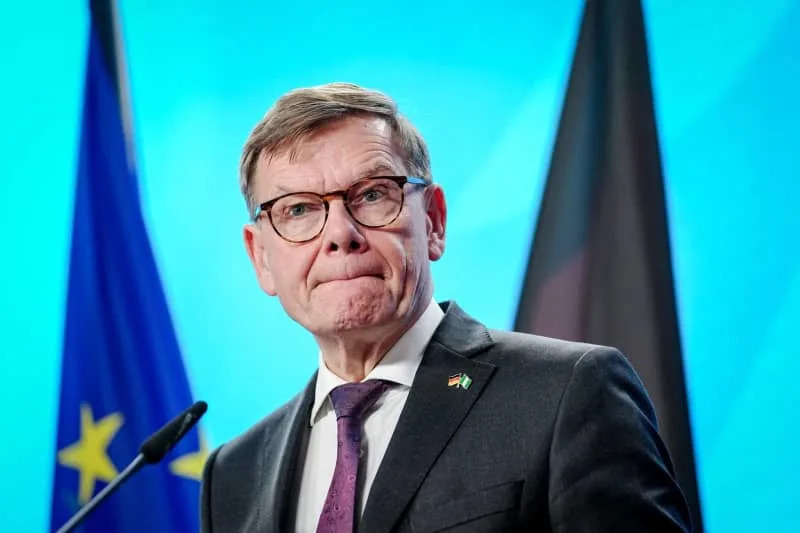Germany’s Foreign Minister, Johann Wadephul, is set to visit Bolivia as part of efforts to enhance bilateral partnerships focused on lithium resources. This initiative comes as Berlin seeks to decrease its reliance on China for critical raw materials essential for various industries, including electric mobility and renewable energy.
Bolivia possesses the world’s largest lithium reserves, a vital component in the production of batteries for electric vehicles and portable electronics, as well as for solar and wind energy systems. In recent months, the demand for lithium-ion batteries has surged, prompting the German government to explore alternative sources outside of China. Wadephul emphasized this necessity, stating, “Bolivia is rich in raw materials, especially lithium, which is indispensable for our energy transition, for electric mobility, and for many other sectors in Germany.”
During his visit to the resource-rich South American nation, Wadephul is expected to meet with newly elected President Rodrigo Paz Pereira, who took office following a run-off election in October 2023. Paz, a member of the Christian Democratic Party and viewed as a moderate reformer, faces significant challenges, including an economic crisis characterized by soaring inflation, fuel and food shortages, and a marked lack of medicines.
Wadephul’s agenda includes discussions with Bolivia’s new Foreign Minister, Fernando Hugo Aramayo, and meetings with business leaders to explore opportunities for collaboration. The German foreign minister noted that Bolivia holds considerable potential in the rare earths sector, another group of critical materials that Germany seeks to secure outside of Chinese markets. “Our potential for cooperation is large,” Wadephul remarked, highlighting the prospective benefits of a strengthened partnership.
The political landscape in Bolivia has shifted significantly with the election of Paz, marking an end to nearly two decades of left-wing governance dominated by former President Evo Morales and his successor, Luis Arce, both from the leftist Movement for Socialism (MAS). This transition may affect how Bolivia engages with international partners, particularly in the context of its resource-rich economy.
As Germany aims to fortify its position in the global market for essential raw materials, Wadephul’s visit to Santa Cruz is a clear indication of the country’s strategic pivot toward building alliances with nations rich in resources. With Bolivia’s economic challenges and its potential for growth in the critical materials sector, both countries stand to benefit from a closer partnership in the coming years.
